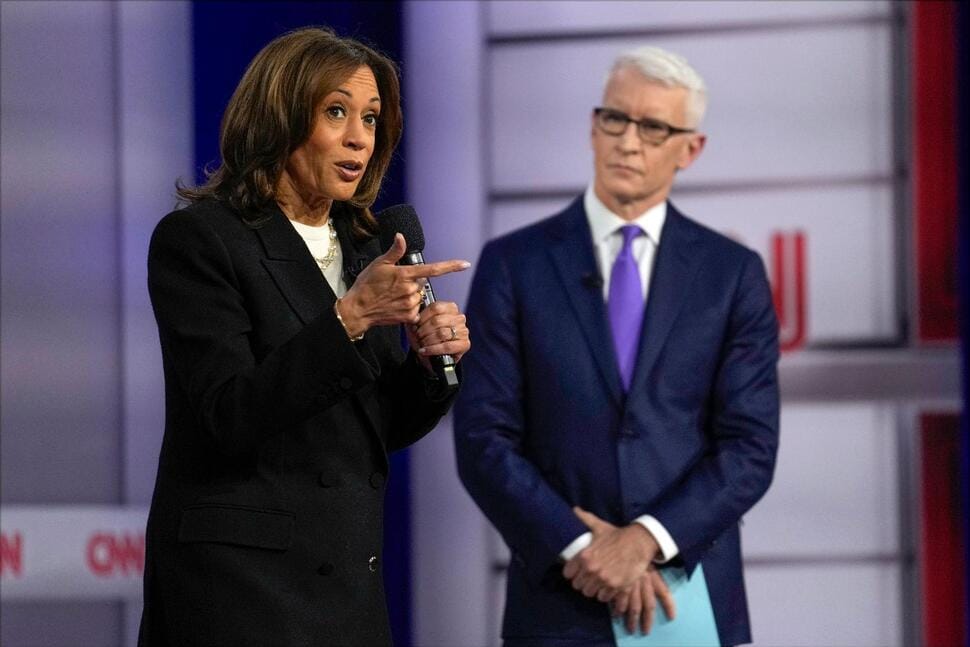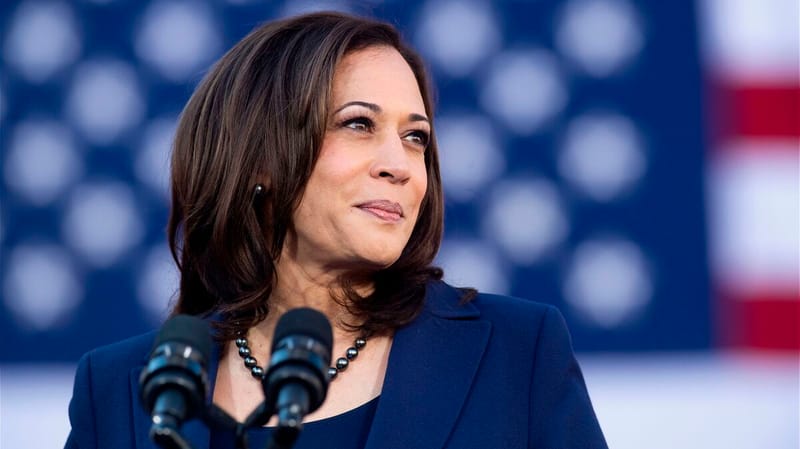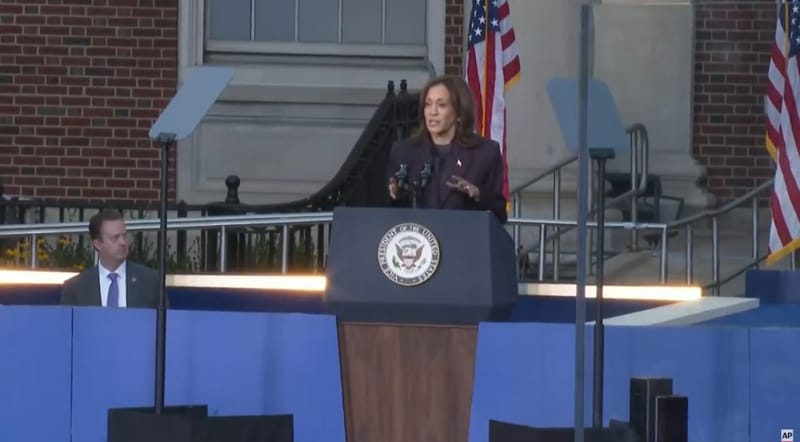Kamala Harris Faces Backlash Over CNN Townhall Performance, Critics Highlight Focus on Trump Over Policy
In a recent CNN townhall held in Chester Township, Pennsylvania, Vice President Kamala Harris found herself at the center of a political storm, not for her policy proposals or future vision for America, but for her focus on former President Donald Trump. The event, intended to showcase her appeal to
In a recent CNN townhall held in Chester Township, Pennsylvania, Vice President Kamala Harris found herself at the center of a political storm, not for her policy proposals or future vision for America, but for her focus on former President Donald Trump. The event, intended to showcase her appeal to undecided voters, instead stirred significant backlash and critique across various platforms, including extensive discussion on X (formerly known as Twitter).
During the townhall, Harris made headlines by directly calling Trump a fascist, a comment that has fueled intense debate. This direct attack was seen by many as her central strategy to rally her base rather than engaging substantively with policy issues or presenting a clear vision for her presidency. Critics, ranging from political analysts to everyday users on X, have pointed out that her performance did not "close the deal" with undecided voters, who appeared more interested in hearing about her plans beyond critiquing her predecessor.
The backlash wasn't just limited to her comments on Trump. Her handling of policy questions and her approach to the Middle East situation, where she discussed the hope for de-escalation following significant events but offered little in new policy direction, was met with a lukewarm reception. This has led to a narrative on platforms like X where users and political commentators have expressed concerns over her campaign's strategy. Many posts highlighted the perception that Harris's campaign is more about defining her opposition rather than defining her own presidency.
VIDEO: CNN's brutal analysis of Kamala's Harris performance
— VIRTUE.NEWS (@virtuemediacorp) October 24, 2024
"Focused a lot more on Donald Trump...than she did on many of the specifics in terms of what she would do."
"If her goal was to close the deal [undecided voters] aren't sure she did that." #kamalaharris #trump #cnn pic.twitter.com/DD5dqtb7G5
Even within CNN, there was an acknowledgment of the underwhelming response to Harris's performance. Comments from anchors like Anderson Cooper during the townhall, and subsequent analysis, suggested a recognition that her strategy might not appeal to voters looking for a comprehensive policy discussion or those disillusioned with polarized political rhetoric.
This event underscores the broader challenge Harris faces in distinguishing her campaign from Trump's, not just in policy but in presenting a compelling personal narrative and leadership style that resonates beyond the Democratic base. The reliance on Trump's character as a campaign pivot point has been critiqued as potentially alienating to voters who are fatigued by political divisiveness or seeking substantive engagement on issues like the economy, healthcare, and international relations.
As the election draws closer, the CNN townhall might serve as a critical juncture for Harris's campaign, signaling a need for a strategic pivot towards a more policy-centric narrative or risk losing ground in the race against Trump, where voter turnout and enthusiasm could play decisive roles. The discussions and reactions on X following the townhall have encapsulated a broader sentiment of dissatisfaction with political tactics that rely heavily on personal attacks rather than substantive policy debate, potentially setting the tone for how Harris's campaign might need to evolve moving forward.




